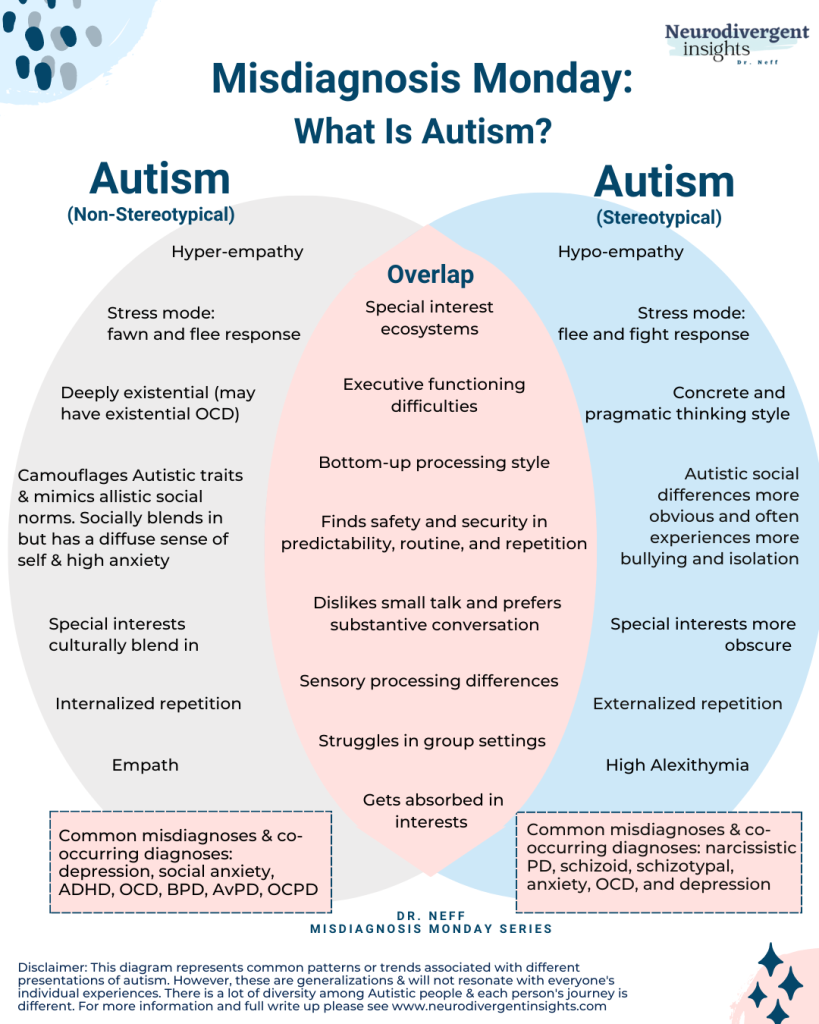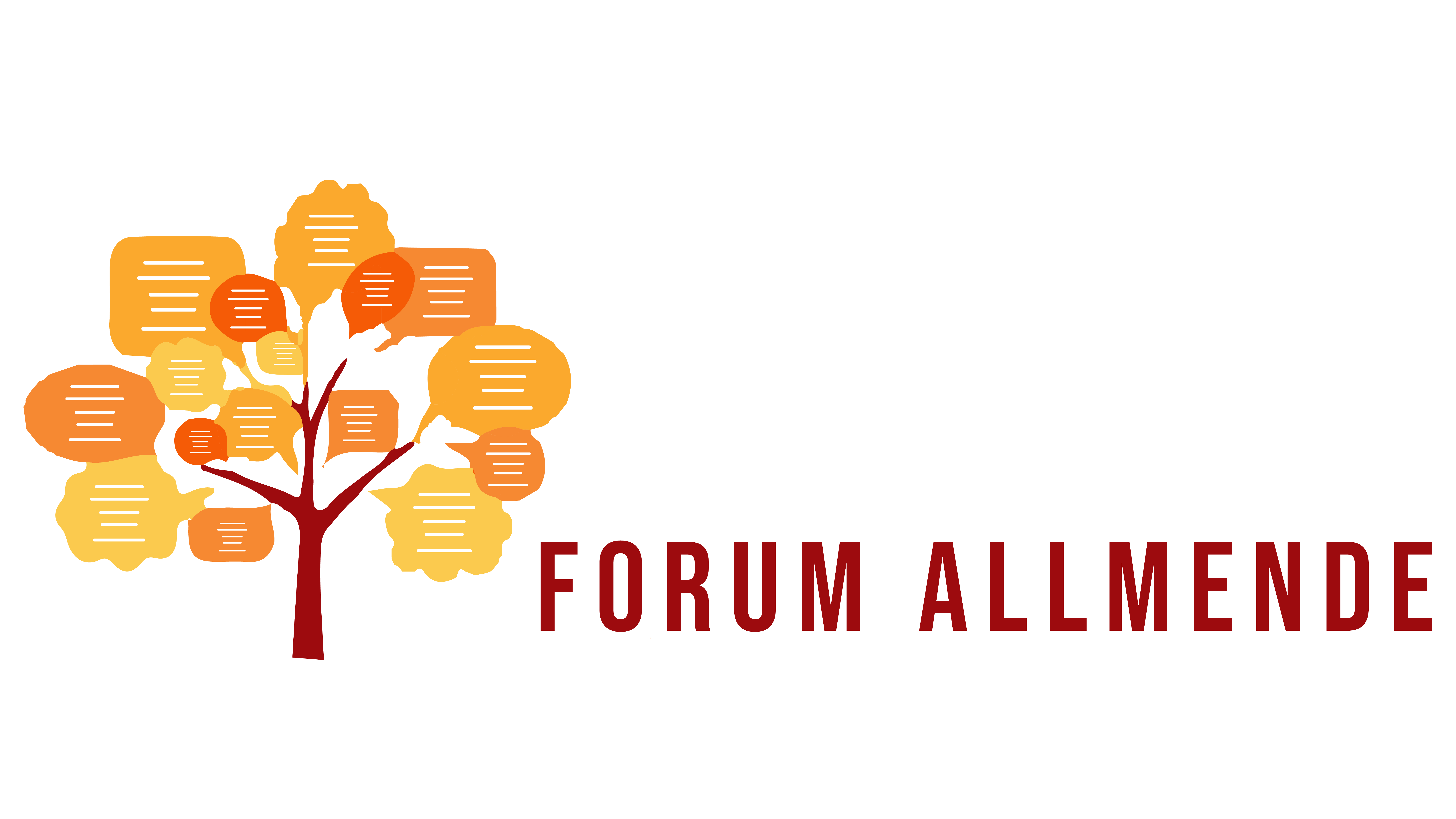Diagnosing autism in people in Australia poses special difficulties and criteria that reflect the changing knowledge of the variety and the varied needs of individuals. Unlike youth diagnoses that often rely on early developing indicators, person autism analysis involves knowing delicate behavioral styles, transmission differences, and social difficulties that could have been camouflaged over the years. The procedure requires an extensive and culturally sensitive and painful approach that acknowledges the diverse backgrounds and experiences of individuals seeking assessment.
Australia’s diagnostic structure for adult autism is affected by internationally acknowledged requirements including the Diagnostic and Statistical Handbook of Intellectual Disorders (DSM-5) and the International Classification of Conditions (ICD-10). But, specialists doing assessments in Australia are prompted to adopt a person-centered, strengths-based perspective that views an individual’s unique neurodiversity and national context.
Accessibility to diagnostic companies is an essential part of the Australian landscape, and efforts are increasingly being created to handle disparities in use of assessments across regions. Towns usually have more resources and particular experts, while rural and rural areas might face problems in providing regular and detailed diagnostic services. Increasing consciousness and establishing diagnostic capacity in underserved areas stay major details for improving accessibility.
The diagnostic method typically requires a multidisciplinary team, including scientific psychologists, psychiatrists, presentation pathologists, and occupational therapists. This collaborative method ensures a holistic assessment that considers cognitive qualities, language proficiency, physical sensitivities, and psychological health factors. Furthermore, experts are significantly knowing the significance of involving individuals in the diagnostic process, valuing their self-reported activities and insights.
Ethnic competence represents an important role in the diagnostic trip for people seeking analysis in Australia. Indigenous Australians, culturally and linguistically diverse towns, and persons from various skills need designed strategies that admit the impact of culture on phrase and notion of autism. Professionals are prompted to engage in constant social competency education to make sure a nuanced knowledge of varied perspectives.
Late-diagnosed people might face distinctive issues while they understand the complicated thoughts and changes that are included with understanding their neurodivergent identity. The diagnostic trip frequently extends beyond the review it self, involving post-diagnostic help, including counseling, psychoeducation, and the development of coping methods designed to the individual’s strengths and challenges.
The recognition of sexuality range within the autism spectrum is another developing aspect of diagnosis in Australia. Conventional diagnostic standards, that have been historically centered on primarily male presentations, might not catch the various words of autism in females and individuals with varied sex identities. Initiatives are underway to improve diagnostic resources and raise consciousness of the unique activities of autistic people over the sex spectrum.
Study and advocacy enjoy essential jobs in shaping the future of adult autism examination in Australia. Continuing reports contribute to a greater comprehension of the prevalence, activities, and wants of adults on the spectrum. Advocacy businesses, both national and local, work towards destigmatizing autism, raising attention, and influencing plan improvements that autism spectrum australia resources the addition and well-being of autistic people in Australian society.

To conclude, diagnosing autism in people in Australia involves a dynamic and person-centered method that realizes the individual’s unique benefits, challenges, and social context. The constant efforts to improve supply, social competency, and understanding contribute to a more inclusive and helpful setting for people seeking examination and navigating their neurodivergent identities in the Australian context.
